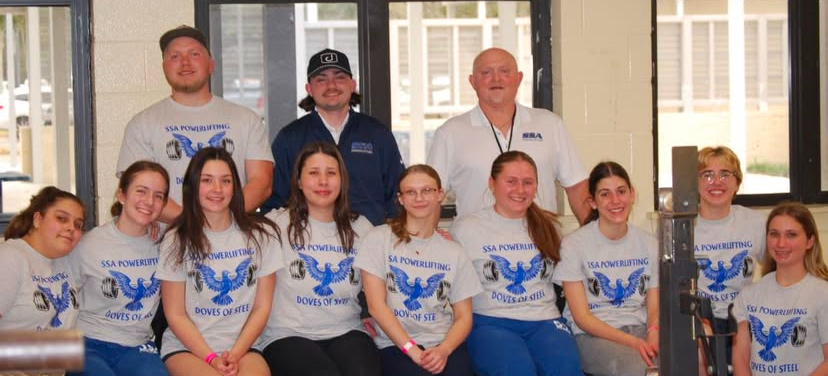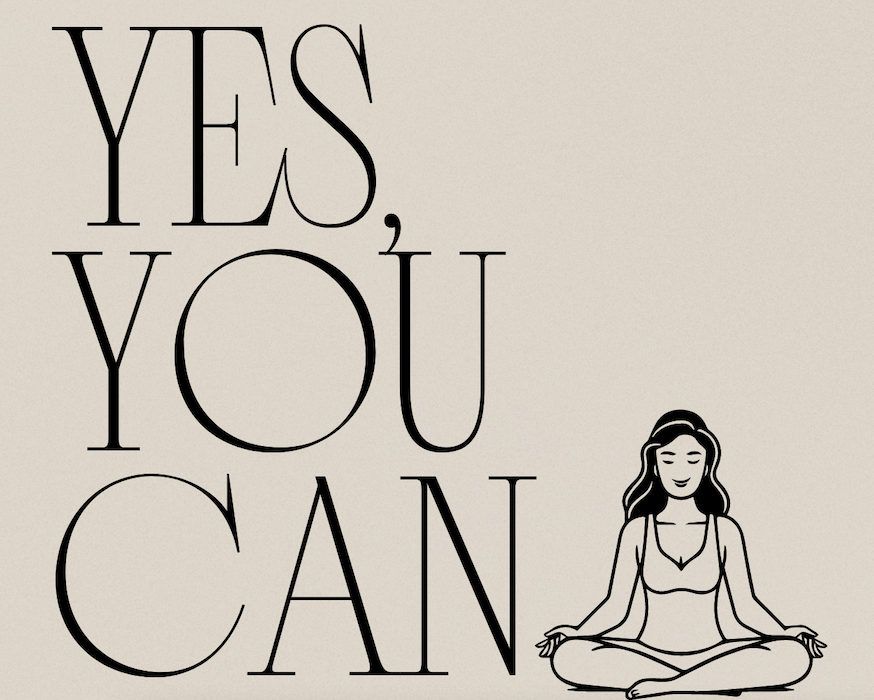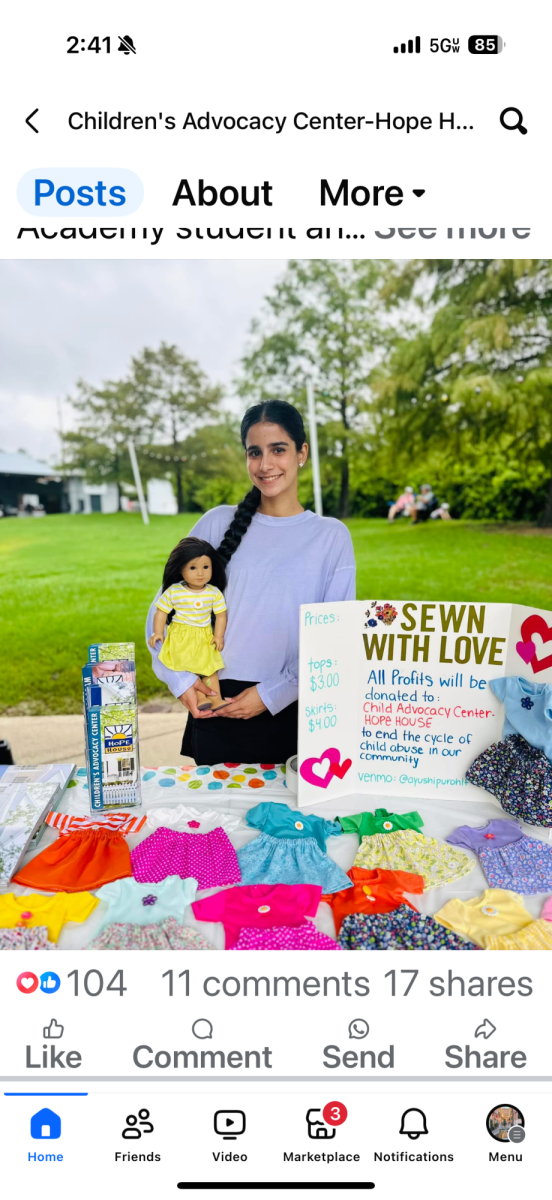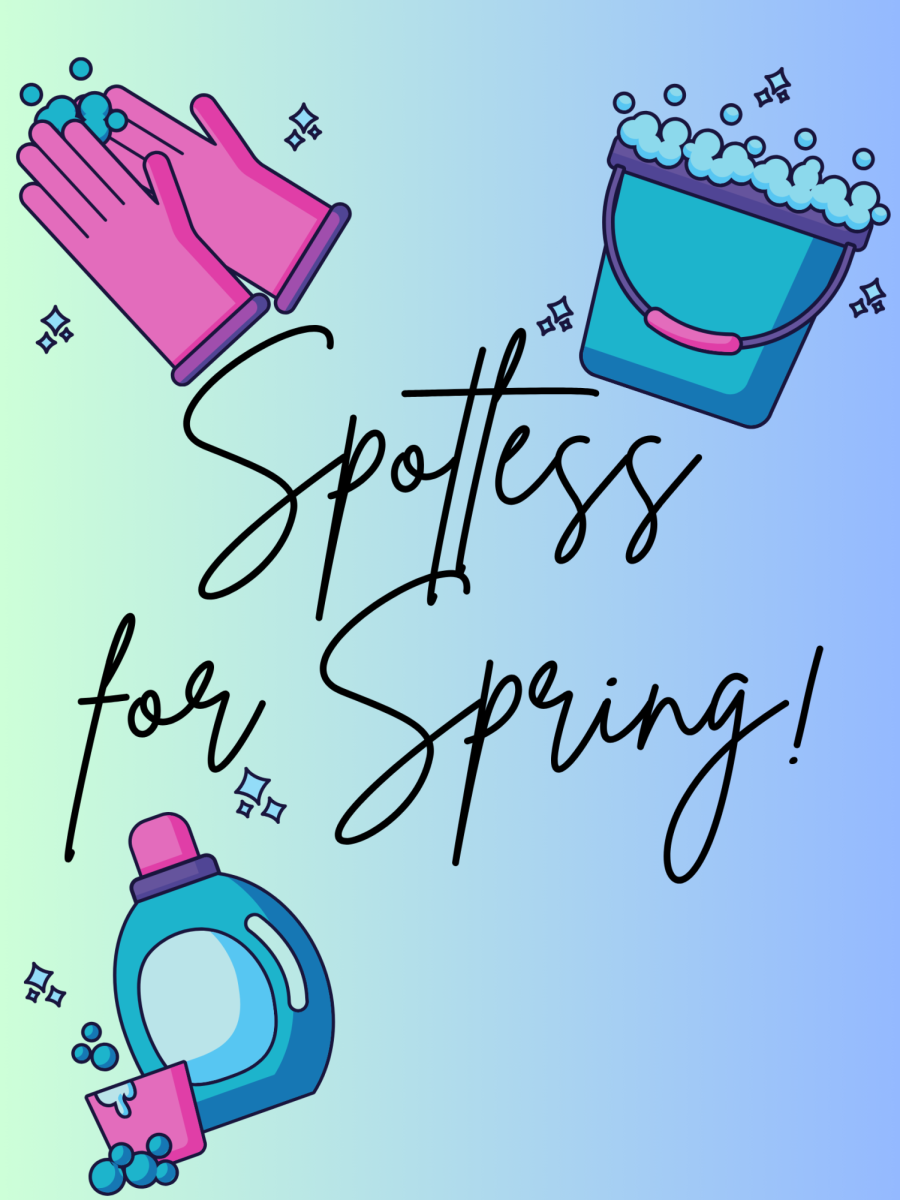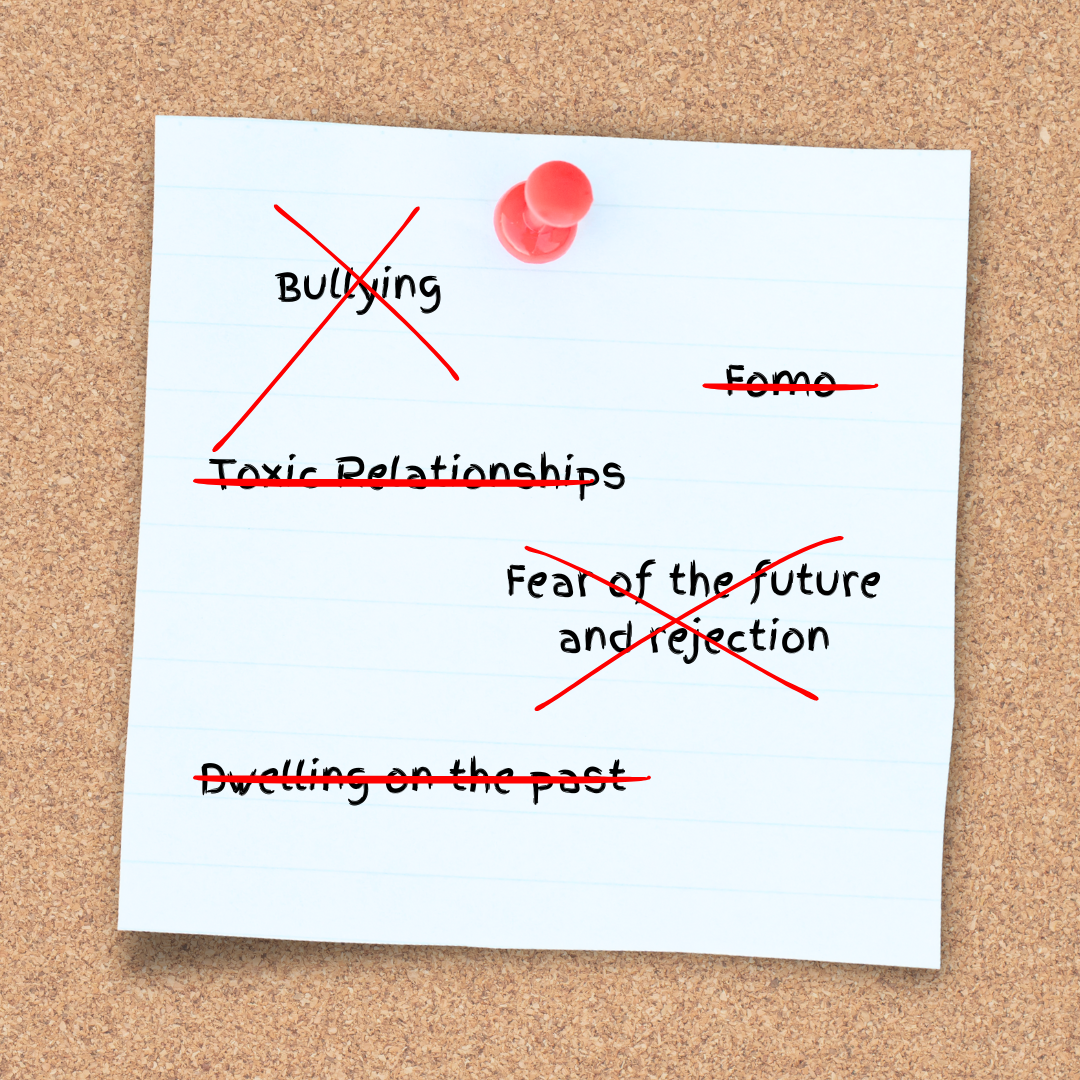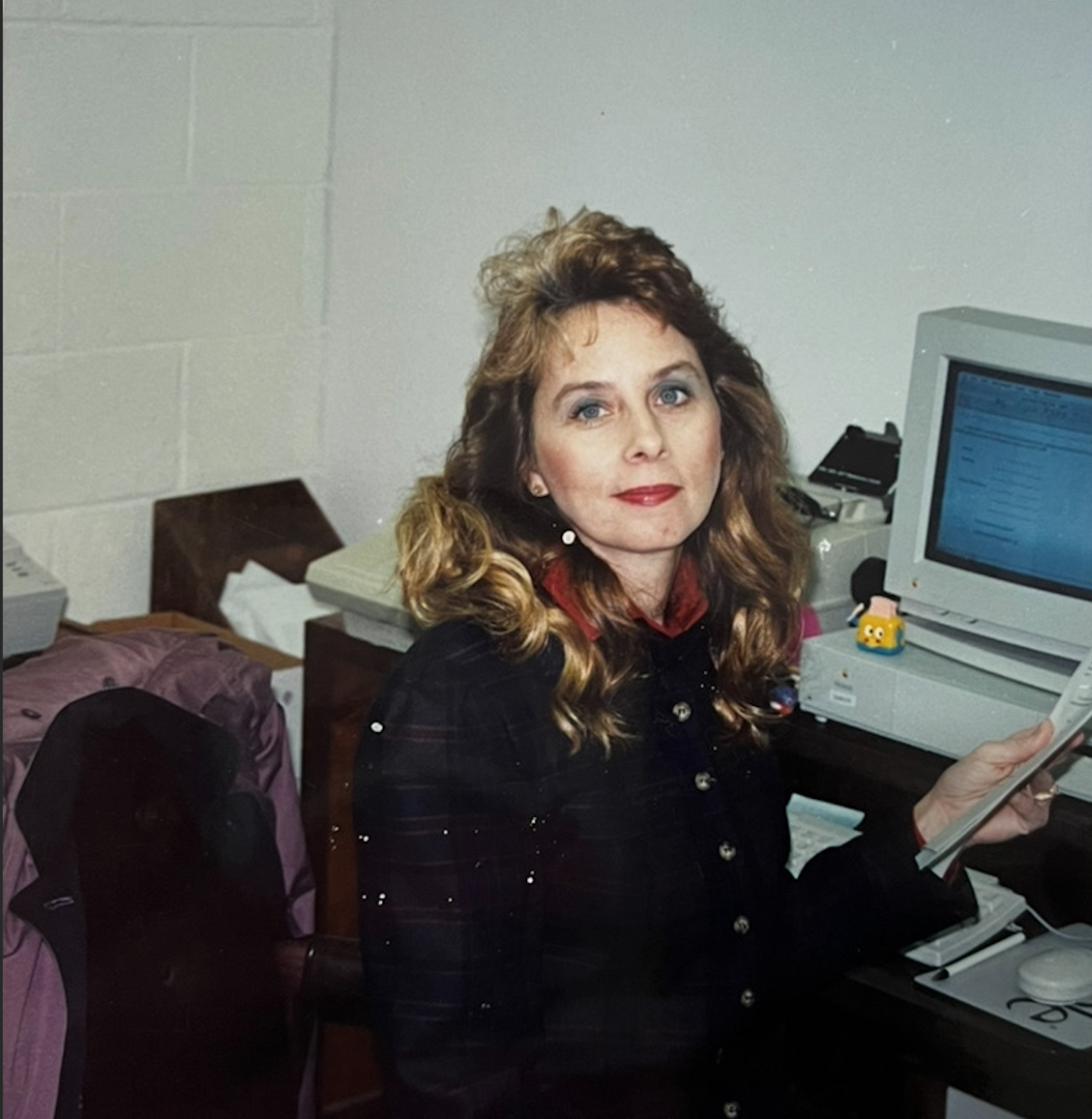More Than a Mental Health Minute
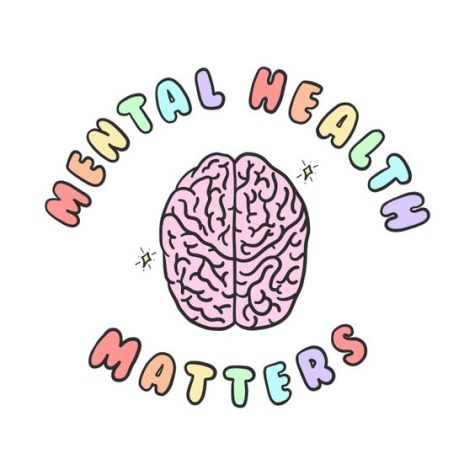
Everyone is going through something, no matter how big or small it may seem. Being more conscientious and small acts of kindness can mean the world to someone struggling. September is suicide prevention awareness month, and was first declared back in 2008. It’s the time when we acknowledge individuals impacted by suicide and raise awareness for those struggling.
In 2021, 18.8% of all high school students struggled with suicidal thoughts, according to the CDC, since the pandemic 37% of high school students face mental health problems. Not only is this a reflection of today’s societal standards for teenagers, but it also has to do with the amount of stress we undergo. Whether it’s our parents putting us under this stress or the high expectations we set for ourselves: balancing school, sports, work, the way we see ourselves and keeping up with the social aspect of high school is hard. It seems to be something many of the adults in our lives can’t comprehend. Some adults totally disregard mental health, they push it aside, tell us to just “get over it”, but the truth is everything you are feeling is valid.
We are stressed, anxious, depressed- sometimes all at once. When experiencing these emotions sometimes it’s hard to find motivation to do school work or even the things that make you happy. If you’re feeling like this it’s ok; the state of your mental health doesn’t define who you are as a person. A lot of the time it feels like a never-ending cycle, like nothing you do is going to help you feel better.
That’s why it’s important to help each other and/or ask for help. We can’t do it alone, and being someone that is willing to listen to your friends without the fear of judgment can make a world of a difference. But, there is a difference between listening to someone’s struggles and taking them all on yourself. There are some people that need professional help and there’s nothing wrong with that. Knowing you need help is such a valuable trait.
So how can one provide a safe and judgment free space to talk about these feelings? According to the National Alliance on Mental Illness (NAMI), talk openly and honestly, calmly ask simple and direct questions, don’t argue, threaten or raise your voice, and just be patient. These are just a few things that can make someone in a crisis feel validated, and in the end, hopefully better. If you or someone you know is struggling with suicidal thoughts or in a crisis call 988, the NAMI crisis hotline, or if you feel uncomfortable talking over the phone text 741-741. You are loved.

Hi readers! My name is Macee Fielding, I'm a senior at SSA, and this is my second year as a writer for The Nest. Being a part of this publication has allowed...










